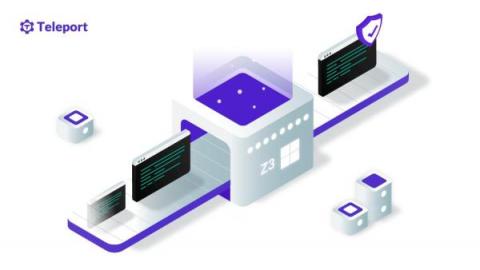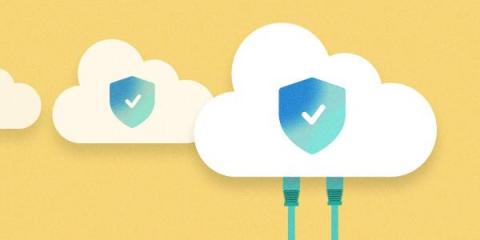Security | Threat Detection | Cyberattacks | DevSecOps | Compliance
Security
Securing a World of Physically Capable Computers with Bruce Schneier
Log4j: How a Single Vulnerability Can Affect Multiple Systems
There are truisms that span history. One truism is that a single mistake can lead to disaster, and to some extent the series of vulnerabilities affecting the organizations that use Apache Log4j.
Using Z3 Theorem Prover to analyze RBAC
Z3 is a satisfiability modulo theories (SMT) solver developed by Microsoft Research. With a description like that, you’d expect it to be restricted to esoteric corners of the computerized mathematics world, but it has made impressive inroads addressing conventional software engineering needs: analyzing network ACLs and firewalls in Microsoft Azure, for example.
$6 Million Savings: How Rapid Insights Led To Valuable Network Upgrades
When a large government agency decided to refresh its infrastructure down to Layer 2 switches, Forward Networks data delivered over $6 million in savings. Like many companies around the world, this organization had challenges getting full visibility and the structure of its network, which had grown organically over time.
6 Things Cyber Insurers Are Looking for in Cyberattack Claim Applications
The modern digital environment is more risky than ever before, and the incidence of cyberattacks only increased throughout the COVID-19 pandemic. In this day and age, even the most robust security systems may still be penetrated or breached by a sophisticated cyber-attack. This means companies can no longer afford to be complacent about security.
Tips for Defending Against Adversarial Actions Regardless of Their Origin
When an unfortunate event occurs, people tend to be curious about who was responsible for the event. It can be interesting and helpful to know who your enemy is and what their motives might be. But in cybersecurity, the primary focus is ultimately on preventative and detective measures to avoid similar issues. Let’s use a recent example to illustrate this point below.
Share Large Genomics Files With CROs To Support Clinical Programs
Increasingly, life science companies are applying omics-based testing to clinical trials. These tests support precision medicine models for the study of rare cancers and other diseases. Genomics research tests, for example, can help account for diverse drug responses and outcomes caused by genetic differences in trial participants.
Lessons Learned from 10 years of Egnyte Object Store
While we at Egnyte don’t think of ourselves as a storage company, the very act of storing files— billions and billions of them—is fundamental to what we do. Our customers need to secure, access, and share files, so storage is something we have to get right. Today we hardly think of what it takes to store and secure billions of these files, often taking this process for granted. It has become like the act of breathing—fundamental to existence yet rarely given a second thought.
How Penetration Testing Helps Cloud DLP
The market for penetration testing is expected to reach $3.1 billion by 2027, rising at a market growth of 12% CAGR during this time. Fueled by the rising number of mega-breaches and more sophisticated attacks, IT teams are taking a more proactive approach, using penetration testing to validate and improve their security configurations. As more organizations do business on SaaS and cloud programs, penetration testing is becoming an important complement to cloud data loss prevention tools.










